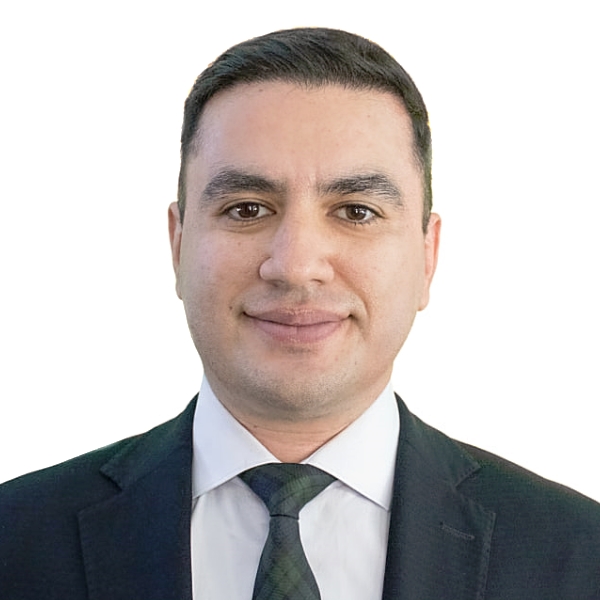From Static Defenses to Industrial-Grade Adaptive Shields: Data-Driven MTD for Renewable-rich Smart Grids Against Advanced Cyber Threats
Join from PC, Mac, Linux, iOS or Android: https://asu.zoom.us/j/84165264130?pwd=EB0PymRjevqZeVFFevpxcgPUOXe4gV.1
Password: 199860
Or Telephone:
Dial (for higher quality, dial a number based on your current location):
US: +1 602 753 0140 or +1 669 900 6833 or +1 720 928 9299 or +1 971 247 1195 or +1 213 338 8477 or +1 253 215 8782 or +1 346 248 7799 or +1 669 219 2599 or +1 646 518 9805 or +1 646 876 9923 or +1 651 372 8299 or +1 786 635 1003 or +1 267 831 0333 or +1 301 715 8592 or +1 312 626 6799 or +1 470 250 9358 or +1 470 381 2552
Meeting ID: 841 6526 4130
International numbers available: https://asu.zoom.us/u/kbsJIrzy79
Date and Time
Location
Hosts
Registration
-
 Add Event to Calendar
Add Event to Calendar
Loading virtual attendance info...
Speakers
Mostafa Mohammadpourfard
From Static Defenses to Industrial-Grade Adaptive Shields: Data-Driven MTD for Renewable-rich Smart Grids Against Advanc
The clean-energy boom has pushed our grids from predictable, one-way power flows to fast-changing, data-soaked systems, perfect hunting grounds for sophisticated cyber attackers. This talk traces the evolution from static “castle-wall” defenses to adaptive, data-driven shields that keep would-be intruders guessing. We’ll unpack the core ideas behind Moving-Target Defense (MTD): why constantly and intelligently nudging grid parameters raises the cost of an attack, how to balance resilience with operating budgets, and what operators can do right now, even without fancy new hardware. Real-world incidents and simulation stories will ground the discussion, and we’ll close with a candid look at open research questions and policy hurdles ahead.
Biography:
Dr. Mostafa Mohammadpourfard, PhD in Computer Science, is an Assistant Professor of Renewable Energy Cybersecurity at Texas Tech University, where he studies how machine learning and control theory can harden renewable-rich power systems against cyber threats. He joined TTU in 2024 after a post-doctoral stint at Arizona State University and is a senior member of IEEE, with 40-plus peer-reviewed papers while reviewing 100-plus for various journals.


